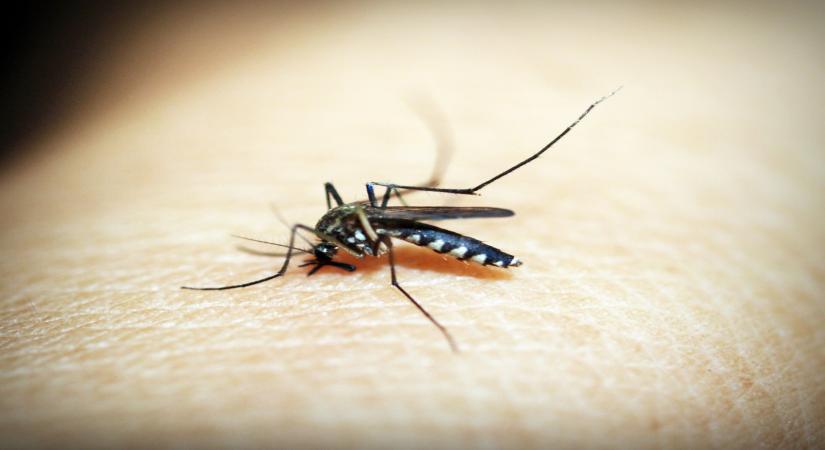MAM01 Monoclonal Antibody

- 22 Oct 2025
In News:
- A major scientific breakthrough has emerged in the global fight against malaria, with U.S. researchers developing a novel monoclonal antibody (mAb) named MAM01, which has shown strong protection in early human trials.
- The results, published in The Lancet Infectious Diseases, mark a potential shift toward antibody-based malaria prevention, especially for vulnerable groups such as young children and pregnant women in endemic regions.
About MAM01 Monoclonal Antibody
- MAM01 is a laboratory-engineered monoclonal antibody designed to prevent malaria infection by targeting a highly conserved region of the Plasmodium falciparumcircumsporozoite protein (CSP) — a key molecule involved in the parasite’s entry into the bloodstream.
- By binding to this protein, MAM01 blocks infection at the earliest stage, preventing the parasite from reaching the liver or bloodstream.
Key Features
- Mode of Administration: A single injection of this long-acting antibody provides immediate protection lasting for several months.
- Target Groups: Especially beneficial for infants, young children, and pregnant women living in malaria-endemic regions.
- Duration of Protection: The antibody offers dose-dependent, months-long immunity with minimal side effects.
- Mechanism: MAM01 neutralizes the malaria parasite before it can infect liver cells, thus halting disease progression at the pre-erythrocytic stage.
Findings from the Clinical Trial
- Institution: Conducted by the University of Maryland School of Medicine’s Center for Vaccine Development and Global Health (CVD).
- Trial Design: A Phase 1, double-blind, placebo-controlled clinical study involving 38 healthy adult volunteers (aged 18–50) with no prior malaria exposure.
- Method: Participants were given either MAM01 or a placebo and later exposed to malaria-carrying mosquitoes in a controlled challenge study.
- Results:
- Participants receiving the highest dose of MAM01 showed complete protection from infection.
- All individuals in the placebo group developed malaria.
- No serious side effects or adverse events were reported.
- Outcome: The antibody demonstrated dose-dependent protection and a strong safety profile, providing proof-of-concept for antibody-based malaria prevention.
About Monoclonal Antibodies (mAbs)
Monoclonal antibodies are laboratory-made proteins that mimic the body’s natural immune response.
- Origin: Produced by cloning a single type of B cell to generate identical copies of an antibody.
- Specificity: Highly precise, designed to bind to a particular antigen such as a virus, bacterium, or parasite.
- Applications: Widely used in the treatment of cancer, autoimmune disorders, and infectious diseases (e.g., COVID-19, Ebola).
- Advantage: Offer targeted action with minimal side effects, and can provide immediate protection, unlike vaccines which require time for immunity to develop.
Significance of the Discovery
- A New Preventive Strategy: Unlike vaccines that may require multiple doses and boosters, MAM01 provides immediate and prolonged protection through a single dose — ideal for high-risk populations in malaria-endemic areas.
- Addressing a Global Health Burden: Malaria continues to cause over 600,000 deaths annually, predominantly among children in sub-Saharan Africa. Limited vaccine efficacy and emerging drug resistance make monoclonal antibodies a valuable addition to the malaria control toolkit.
- Technological and Health Equity Impact: This research demonstrates how cutting-edge biotechnological innovation can serve global health equity by providing affordable, scalable, and effective protection for populations in low- and middle-income countries.
- Complementary to Vaccines: MAM01 complements existing malaria vaccines like RTS,S (Mosquirix) and R21/Matrix-M, offering a dual-layered protection strategy — antibodies for immediate defence and vaccines for long-term immunity.
